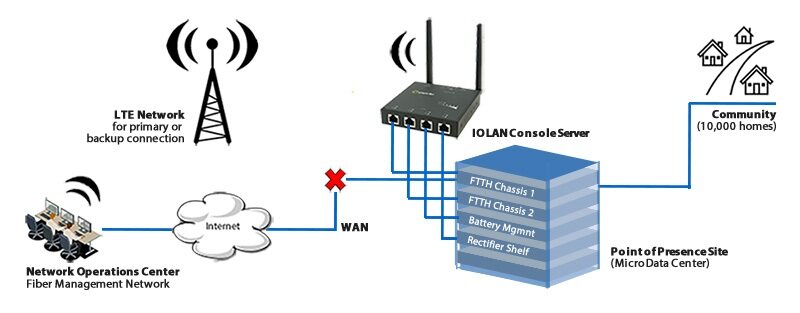
Microsoft users may face easier IPv6 migration
By Donna DonnowitzJuly 27, 2011
IPv6 migration is emerging as a critical need in almost every business sector, and even companies that do not recognize the potential revenue benefits of the new protocol are being forced to migrate or risk their online presence. The process of migrating systems to the new protocol can be complicated for some companies, but a recent Network World report said organizations using Microsoft software may face an easier adoption path.
Microsoft has shown a clear understanding of the need for IPv6 for the past few years, and the company has worked hard to develop its recent software releases so they would be able to support the new protocol, the report said. Therefore, most companies using newer versions of Windows and such recent applications as Windows Server 2008 R2 should be positioned well to make the transition to IPv6.
Having software systems that are already aligned for IPv6 can be incredibly beneficial for many companies, as a number of reports suggest analyzing software and hardware systems as the first step to IPv6 adoption. Knowing that most of the company's software is already prepared for the new protocol can reduce the amount of time it takes to complete that first step.
While having Microsoft software systems installed can ease IPv6 adoption, the Network World report said it will not remove all of the complications associated with deploying IPv6-compatible infrastructure. The report explained that most IPv6 setups will need to be dual-stack in nature. This means that the networking systems will need to be configured to support both IPv4 and IPv6 addresses. This creates a number of challenges in terms of both software and hardware that must be resolved as part of the migration process.
Adjusting network infrastructure to meet IPv6 standards is critical to IPv6 migration. However, another Network World report explains that networking teams cannot own the project in entirety. Instead, successful IPv6 adoption will involve every aspect of IT working in concert to adjust systems. The report explains that while IPv6 migration is primarily focused on adjusting network infrastructure, those changes can have a significant impact on every aspect of IT functionality. The changes to the network may end up creating problems in such areas as security and application delivery if all of IT is not involved, the report said.



